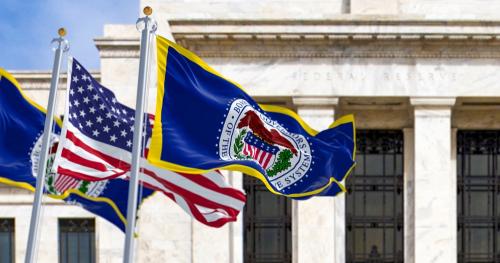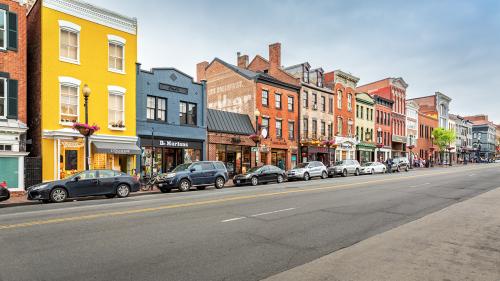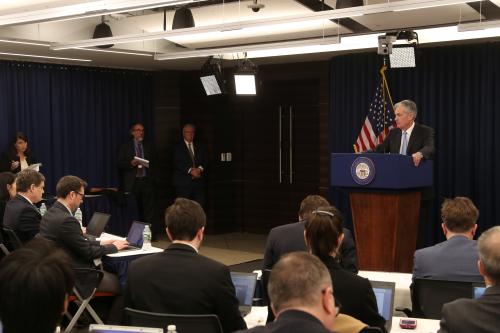No one particularly liked the way Congress and the president resolved their “fiscal cliff” dilemma. The outcome, and the petty haggling that led up to it, was disparaged by commentators of opposite persuasions. But as last week’s dust settles, it is time to take a break from hyper-ventilating about how “dysfunctional” and out-of-touch the government is, and face an inconvenient truth: Actually, decisions like the fiscal deal pretty much mirror what most of the American public has indicated it prefers.
If that proposition seems perverse, consider these simple facts. Whatever else Americans say about the country’s soaring and unsupportable debt, clear majorities have expressed two sentiments: (1) If taxes are to increase, the burden should fall on “the rich.” Fully 64 percent favored higher taxes on households earning above $250,000, according to a Pew poll taken in October. (2) Serious spending reductions are mostly anathema. The resistance to changes in Social Security and Medicare is strong. The same Pew survey found 57 percent opposed to raising the amount Medicare recipients contribute to their health care; 56 percent disapproved of gradually raising the Social Security retirement age.
So, there you have it. The fiscal deal duly followed both of these popular mandates; it raised taxes on the wealthy, and then predictably kicked the can of spending cuts, and entitlement reform, down the road.
One can denigrate this answer ad nauseam. It raises too little revenue for the long haul. (Hiking income tax rates only on the rich, while permanently letting 99 percent of us off the hook, is a sure recipe for an enduring revenue shortfall.) Ducking an imperative to rein in entitlement spending is an especially unsustainable policy for the long term. It is easy to bemoan the way Democrats seem unprepared to face up to those issues. It is equally easy to pan Republicans for not really having the courage of their convictions—that is, for having flirted with meaningful entitlement reforms (such as increases in eligibility age, means-testing, altering cost-of-living adjustments, or Ryan’s premium-support idea), but then in essence waiting for the president to buy in first, to provide them with bullet-proof political cover. It is easy to chastise both political parties for, ever so opportunistically, shirking responsibility.
But without popular consent, it is also utopian to expect elected politicians to be casting heroic profiles in courage. They are, after all, representatives of the people, not Platonic philosopher kings. This is true in any democracy, but particularly in this one. With its system of exceptionally frequent elections (and almost continuous electioneering), America’s regime is keenly sensitive to public opinion. Hence, like it or not, until the voters send a very different message—one that asserts, in effect, “We are finally ready to share the pain of higher taxes, and of lower spending!”—the political process is, at best, likely to keep grinding out sausages like last week’s.
And, by the way, that’s not all bad. Look on the bright side; thanks to the public’s misgivings—and, yes, some helpful “gridlock”—at least the compromise that was reached avoided the clearest, most present danger: a draconian lurch toward precipitous austerity measures and broad tax increases that would run the economy back into a ditch. At least for the time being, let’s just breathe a sigh of relief.
The Brookings Institution is committed to quality, independence, and impact.
We are supported by a diverse array of funders. In line with our values and policies, each Brookings publication represents the sole views of its author(s).



Commentary
To Fathom the Fiscal Fix, Look in the Mirror
January 7, 2013